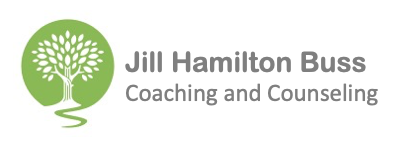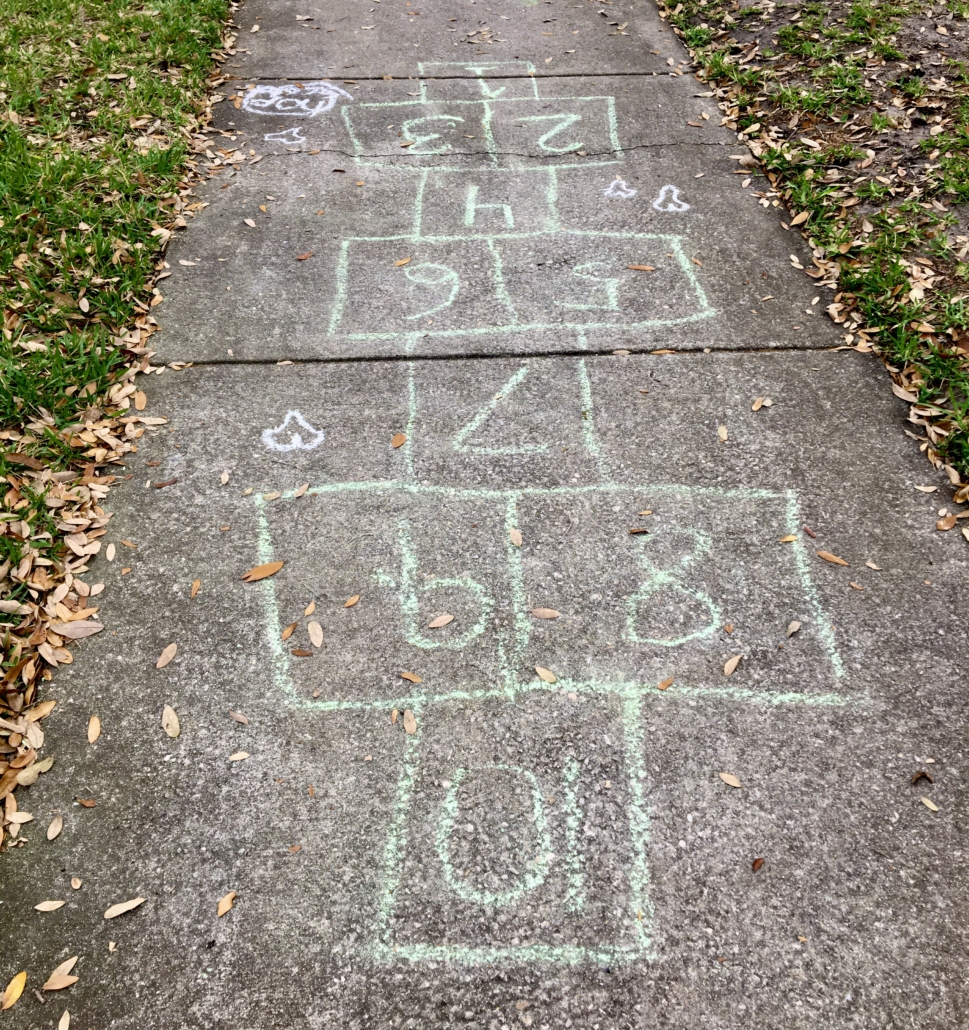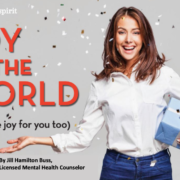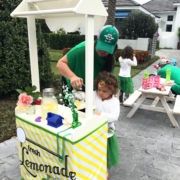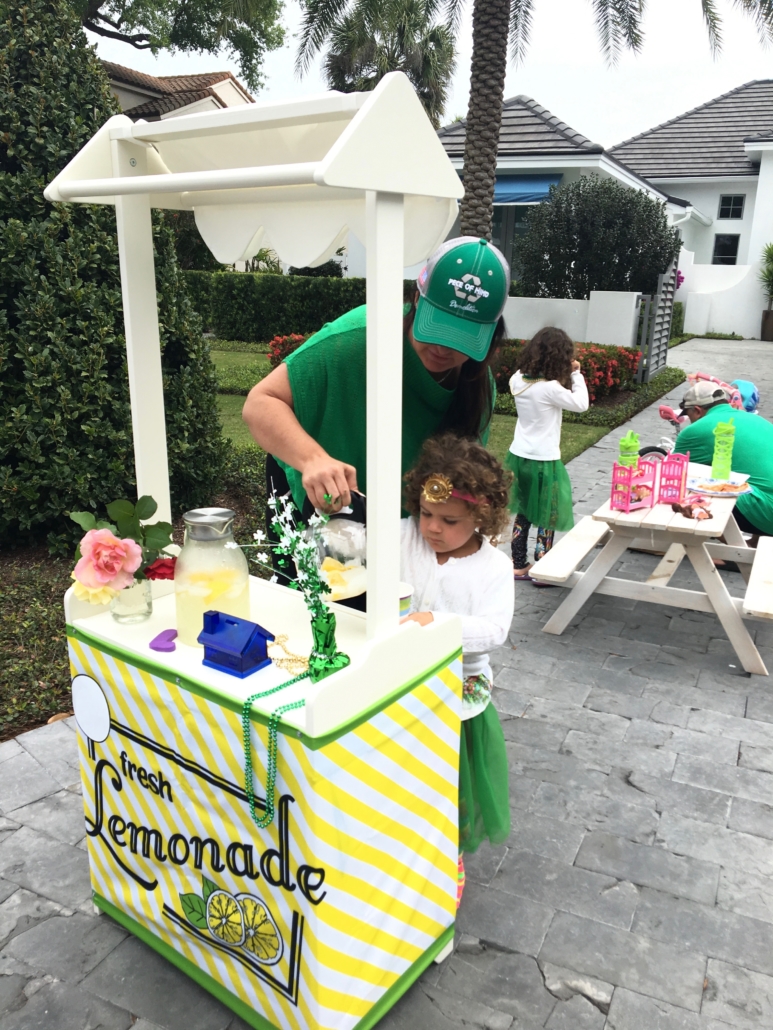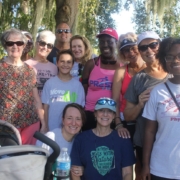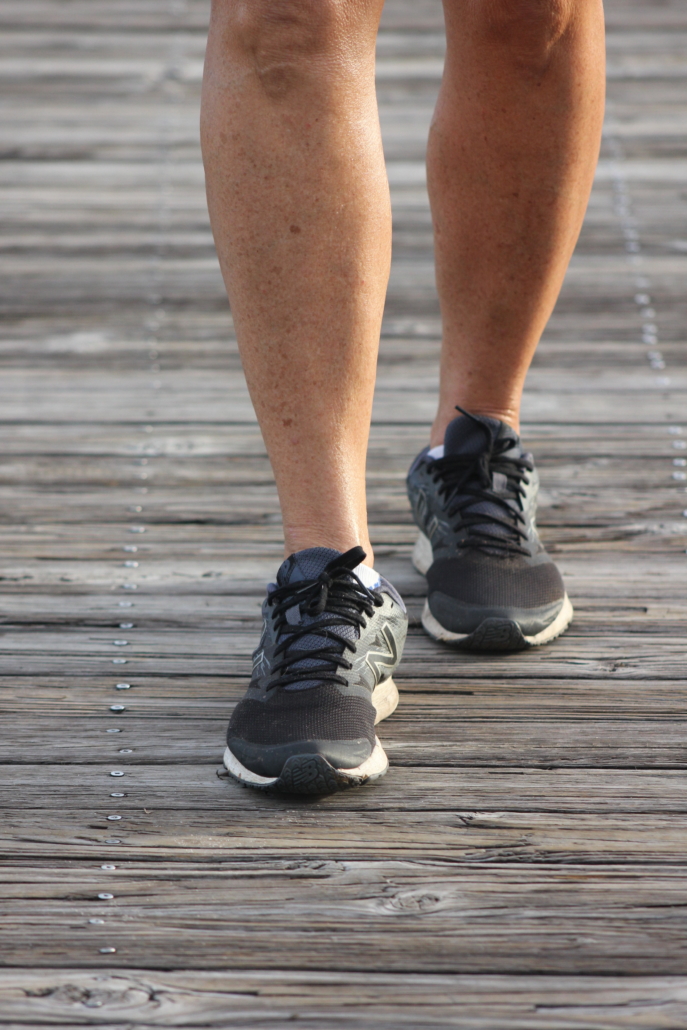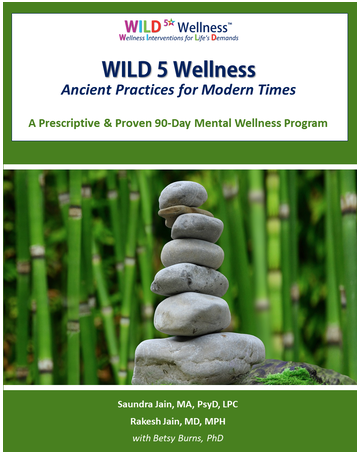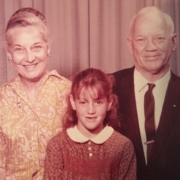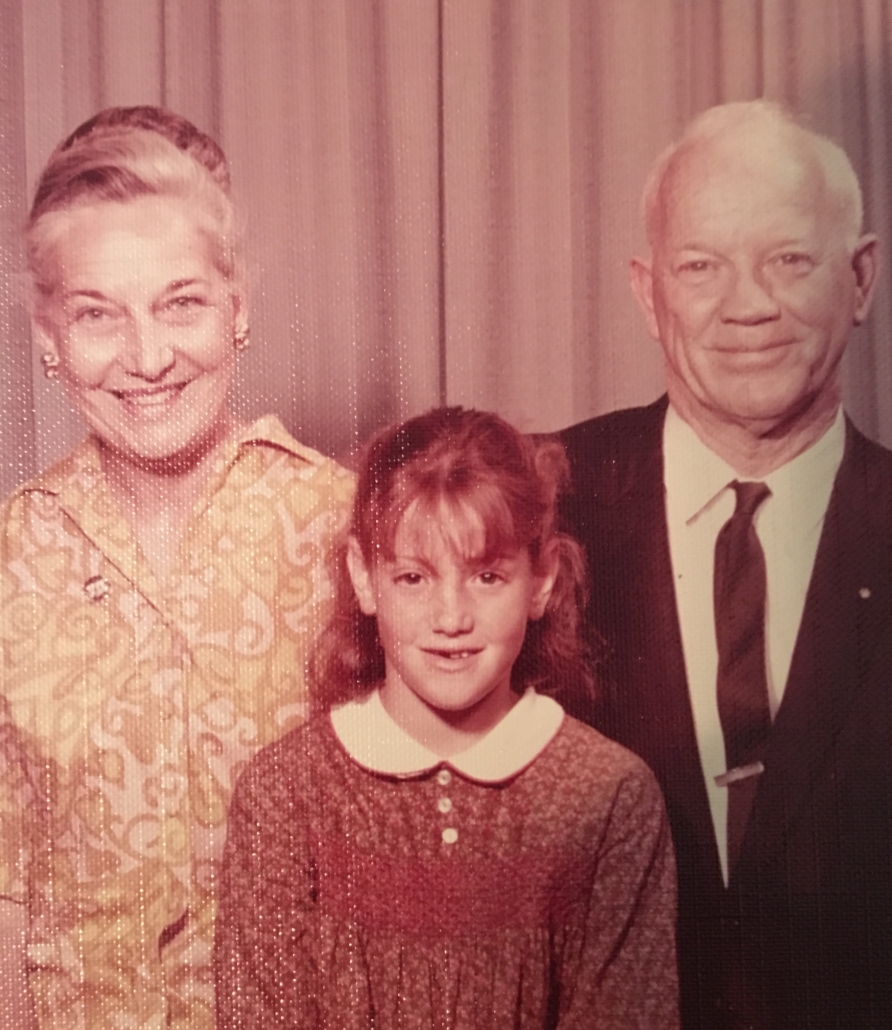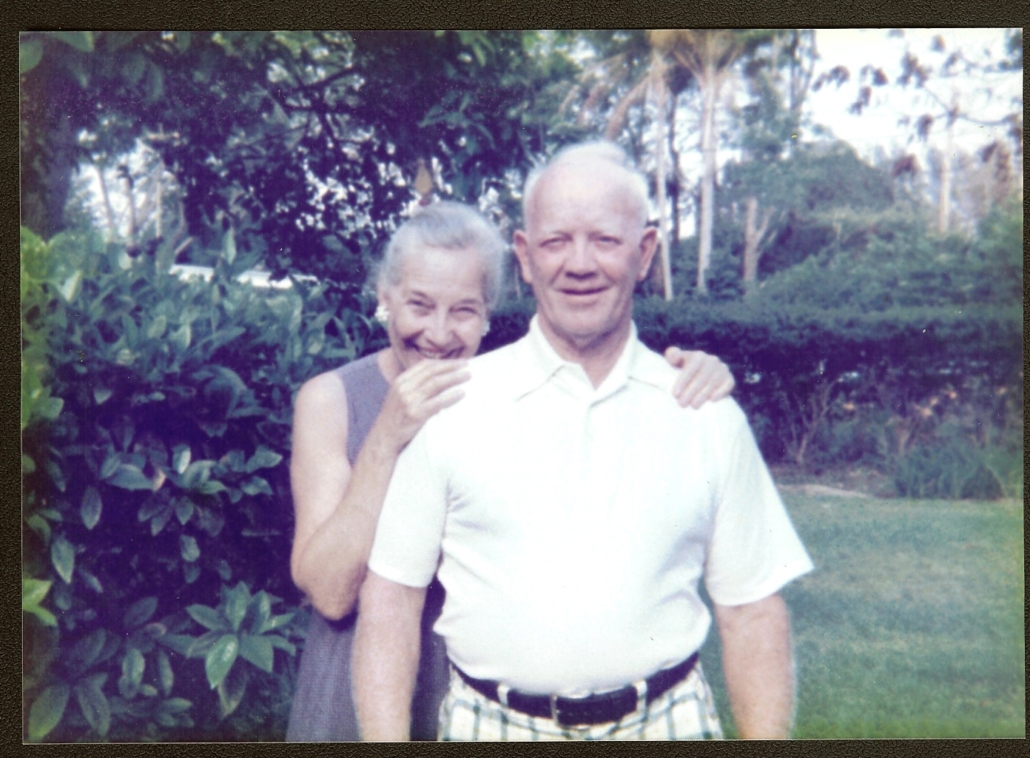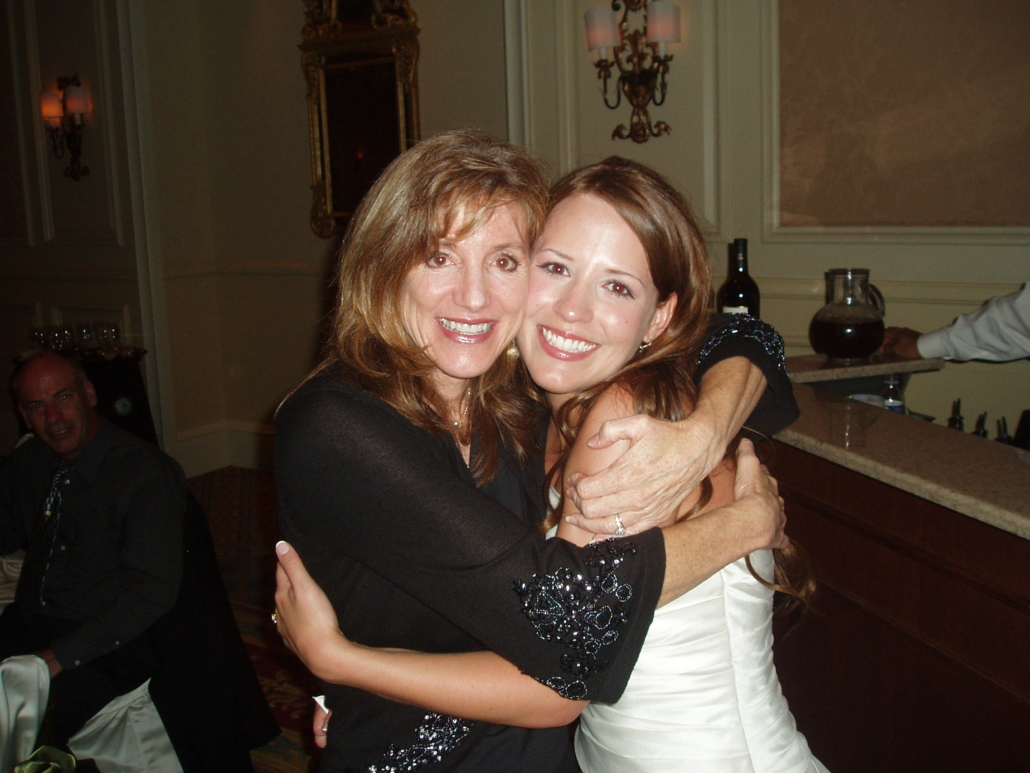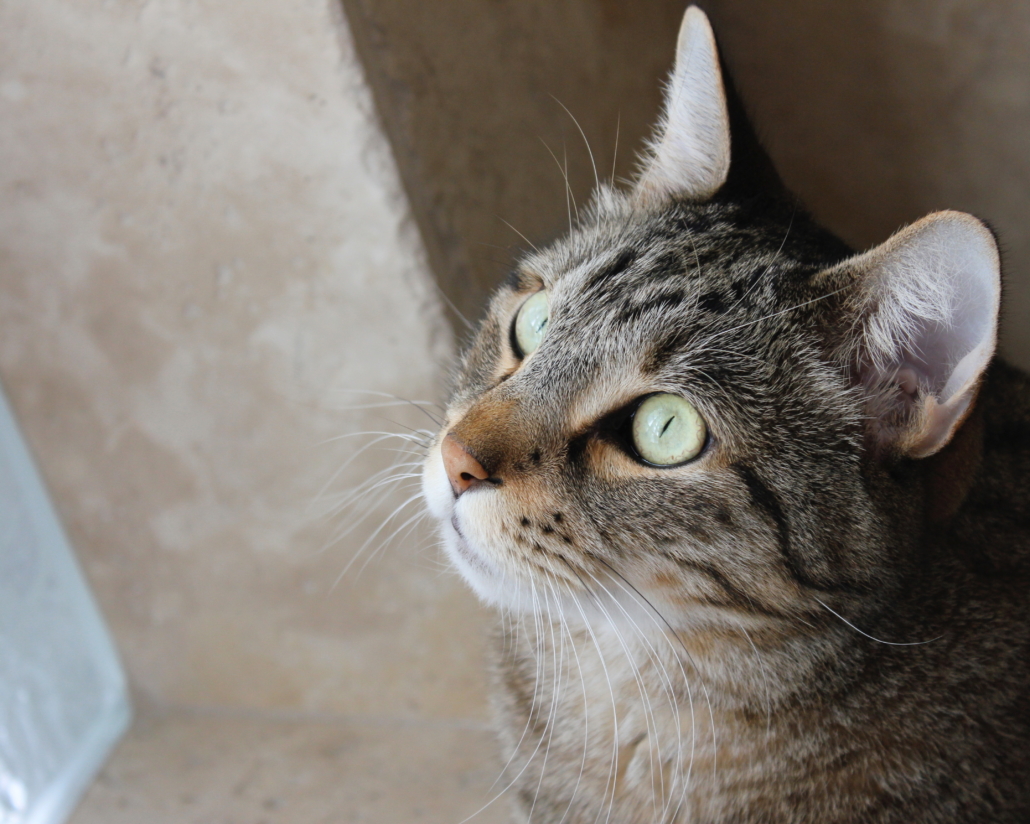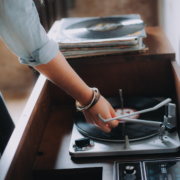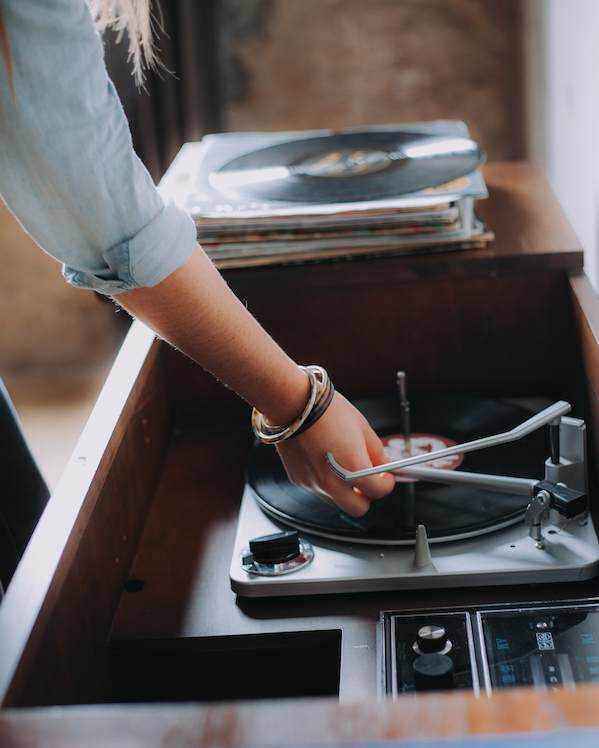Growing up, I dreamed of being a ballerina, 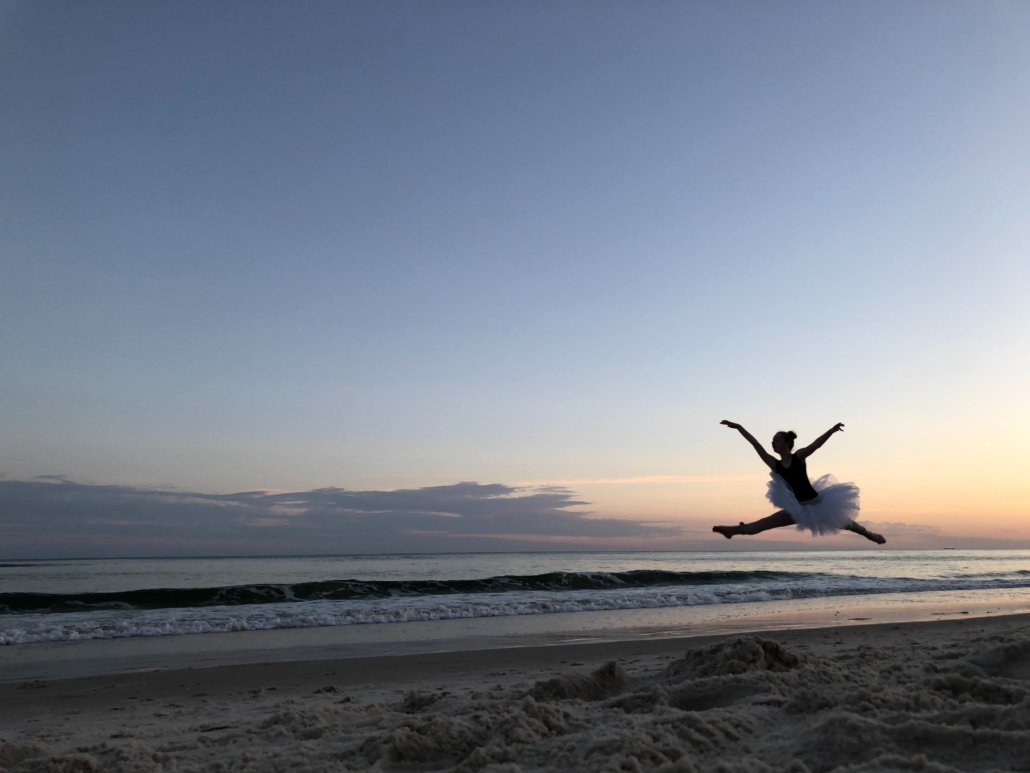 a marine biologist, a globe-trotting anthropologist, but never about being a middle-school teacher. But we all awoke last week, and presto, we are teachers (as well as therapists, bankers, architects, nurses, artists, caregivers…).
a marine biologist, a globe-trotting anthropologist, but never about being a middle-school teacher. But we all awoke last week, and presto, we are teachers (as well as therapists, bankers, architects, nurses, artists, caregivers…).
With or without school-aged kids, these are incredibly stressful times for Americans, many of whom are working from home (if they still have jobs). We are all in this infected boat together – rowing to keep our jobs, health, connection, safety, financial security – and sanity.
 How we navigate these choppy waters, teaches our bosses, co-workers, kids, and ourselves a lot about who we are. We can escalate the fear and anxiety or we can tamp it down with evidence-based strategies.
How we navigate these choppy waters, teaches our bosses, co-workers, kids, and ourselves a lot about who we are. We can escalate the fear and anxiety or we can tamp it down with evidence-based strategies.
As a mental health counselor, I am working hard to employ these strategies in my own life. When I do and faithfully, they work. I feel better, calmer and more equipped to survive – maybe even to thrive.
Let me add, this crisis happened so quickly, many of us are still shaking our heads, thinking ‘wake up’. This can’t be real. Or we’re in denial as to how real it is. Or we’re feeling overwhelmed, depressed, afraid… All of this is normal. Be gentle with yourself. Keep breathing deeply and employ these strategies – and if the pressure or wakeful nights or dark thoughts become too much, help is available. I’ve included some resources at the end. Be well.
7 Strategies for Staying Physically & Mentally Well
- Meditate Daily – Start the day with five minutes of quiet reflection (10 or more is better). Just sit and breathe with your eyes closed and try to focus on your breath (or the hum of the refrigerator). Just let it all be. (If you’re new to meditation, there are many apps to get you started, Headspace, Aura and my personal favorite, CALM. On Calm, I highly recommend the 30-day “How to Meditate” by Jeff Warren. (Great for teens too.)
- Move – Get Outside – Research shows that even a 10-minute walk in nature reduces stress as does moving – biking, running, gardening. Moving releases endorphins and reduces stress hormones. And now there are many Yoga, Zumba, Barre and other fitness classes being offered online. This is one of the most important ways to improve your mental AND physical health. Keep moving!
- Connect – Zoom, Facetime, Call – With social distancing, we have a greater need than ever to connect. (Real connections – not Facebook browsing.) There is data to suggest that “loneliness is the new smoking”, that is, isolation can have health consequences as grave as those of smoking. So if you’re not enjoying group chats with folks sharing hilarious memes, consider creating one . One of my groups has regular Zoom Happy Hours. (Zoom is the most downloaded App in recent weeks.)
- LAUGH! – Like a magic elixir, laughter makes us us feel safer and more relaxed. It floods our bodies and brains with good chemicals that wash or psyches clean – if only for the moment. No, laughter doesn’t solve problems, but it gives us a boost, a break, a moment to collect ourselves and be in a more resourceful state to tackle what lies ahead. Think about what makes you laugh – movies, memes, books, cat or dog videos? Binge watch and see if you don’t feel better. For more, check out this excellent article.
- Sleep – Sleep is foundational to our physical and mental health. If we don’t get enough or high-quality sleep, everything suffers and depresses our immune systems, putting us at increased risk for illness, including diabetes, obesity, dementia, poor concentration, irritability, etc. Fitbits, Apple Watches and many “smart devices” can help track and log sleep (paper works too). Tracking may confirm what you’ve suspected – you’re not getting sufficient sleep. If so, here’s a good resource about better sleep hygiene.
- Limit TV and Social Media – Like chain smoking, constant news watching or internet/social media surfing is bad for us. But in the early days of this crisis, we were all like chain smokers, watching breaking news reports one after another. Hopefully you’re down to a few exposures a day. Get what you need and turn it off. Leaving the TV on continuously keeps you in a state of hyper-arousal over things for which you have little to no control. Turn it off, put the phone on silent and only check in a few times a day (and not right before bedtime).
- Focus on what You can Control – Let the Rest Go. Many successful, good people are control freaks. (I might or might not be a recovering one.) I know times like these get control freaks going, working overtime. Right now, pretty much everything is out of our control. But remember, no matter how much energy and time we spend wishing for this to be different, it is what it is. The sooner we accept and start from there, the better equipped we’ll be to deal with the reality of this, or any, situation. This Inc. article on Control is excellent, as is the often-cited “Serenity Prayer” used in 12-step programs, paraphrased here, which perhaps says it best:May we accept the things we cannot change, have the courage to change the things we can, and possess the wisdom to know the difference.Final Note: If the stress becomes overwhelming, there are local and national resources to help you navigate – emotionally and financially. Below are two good ones.National Suicide Prevention Hotline – call 1-800-273-8255 (TALK), to talk with trained counselors if you are having thoughts of suicide, feeling depressed or just need someone to talk to. It’s free and available 24 hours a day.
2-1-1 – United Way’s helpline offers trained counselors who can assist with many needs from rent and utility assistance to tax prep, childcare and more. (Like 4-1-1, simply dial 2-1-1.)
